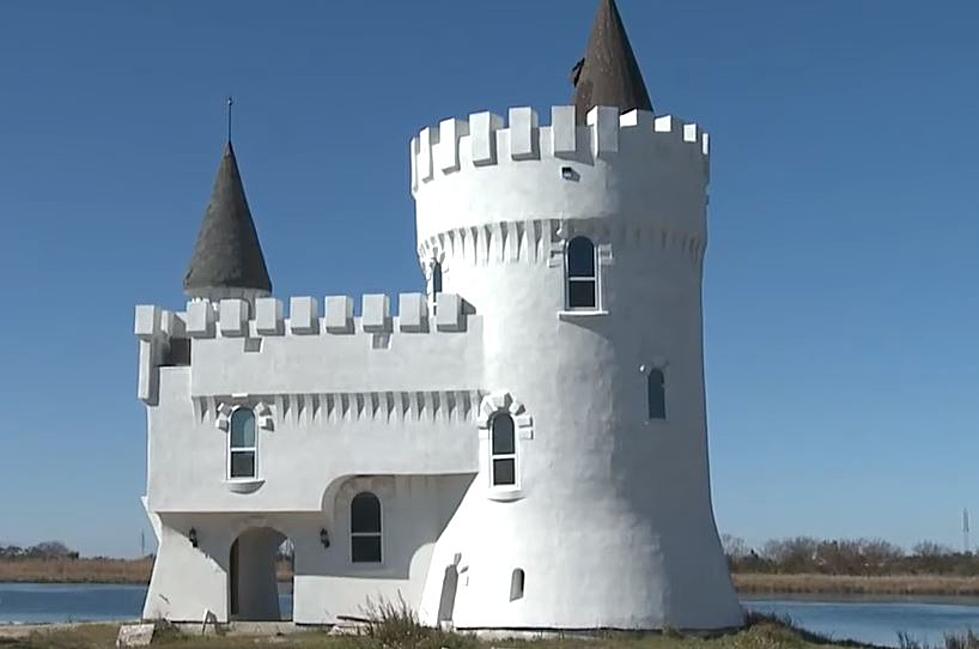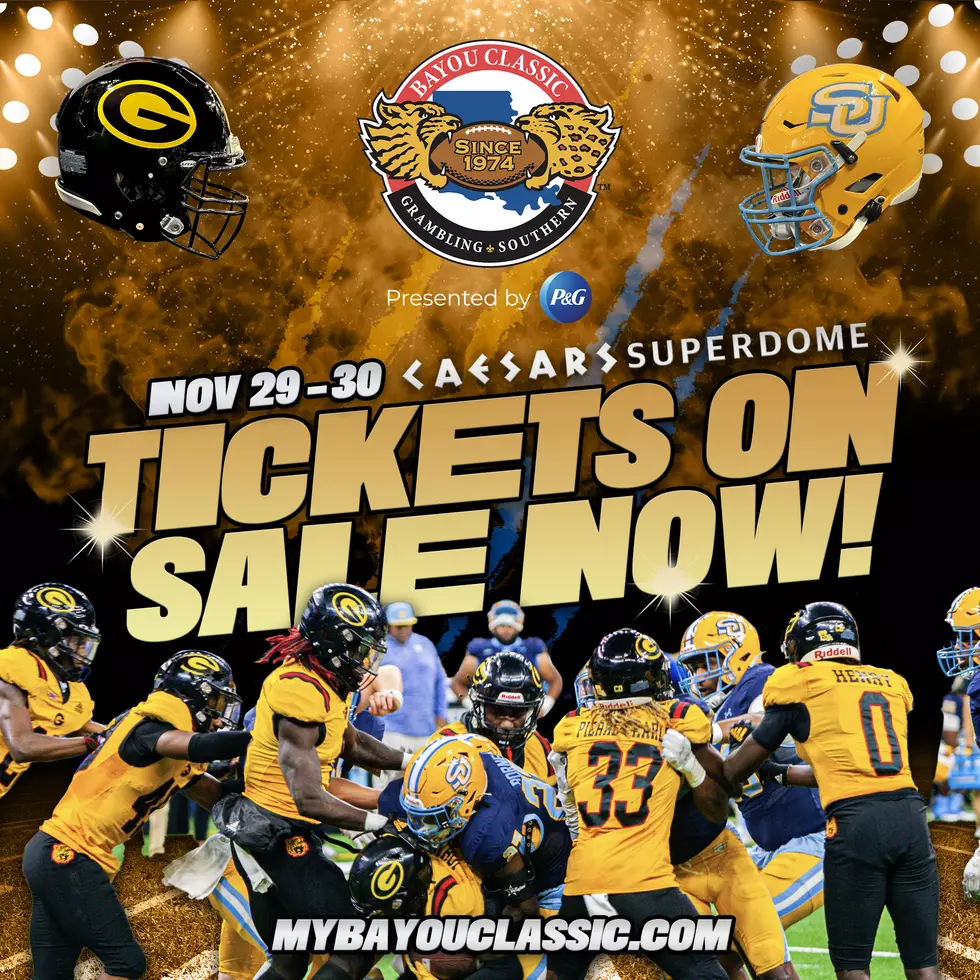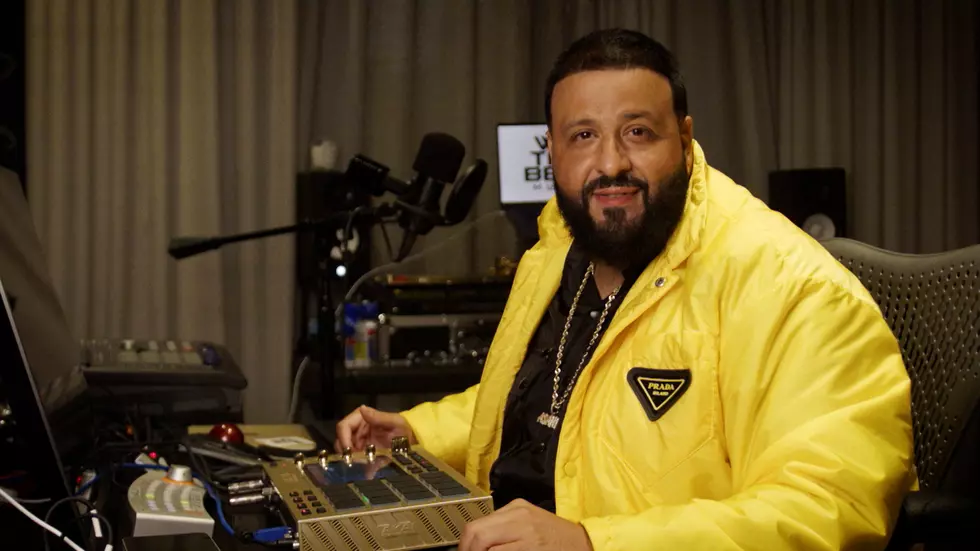Check Out This #Throwback CNN Clip of Master P and New Orleans in 1996
Master P’s 1996 interview with CNN popped up online this week, and it seems not much in New Orleans has changed in the past twenty years.
In the late '90s, we were still seeing the City of New Orleans at its worst. Coming off of being dubbed the "murder capital of the world" in 1994, violence continued to plague our state's greatest city, as well as corruption within the police department. Though not as bad as it once was, that’s not saying much for the crime ridden city. Much of what seems to be covered up these days still ranks the “Big Easy” in the Top 30 Murder Capitals of America.
Percy "Master P” Miller was the connection between the hood and the world. Through his music he was able to paint a picture that many African American communities across the country understand all too well. People were, and still are, disadvantaged, born into poverty, and lacking the economic support and education to make it out of places like the Calliope Projects, which is featured in the throwback clip above. Sadly, in 2016, there’s still a disconnect within the relationship between law enforcement and the African American community.
It’s true that Master P rapped about drugs, misogyny, and violence, but he also taught many of us how to become entrepreneurs, or as we say in the South, he taught us how to “get it out the mud.” In layman's terms: He gave an entire generation of people hope to make it out of their impoverished lifestyles by finding a better way to get paid, and not go to jail for it. He’s lost a brother, as well as friends due to violence, so his story isn’t that different from many born into predominantly African American communities.
Today, Miller is as involved with his hometown as he was in the 1990s. Aside from his most recent personal issues within his marriage, his dedication to impoverished communities in New Orleans and throughout other cities across the United States continues, and it says much about him as a man.
Check out the full clip above as Master P details what life was like in New Orleans back in 1996, and why they called him the “Ice Cream Man."
More From 107 JAMZ









